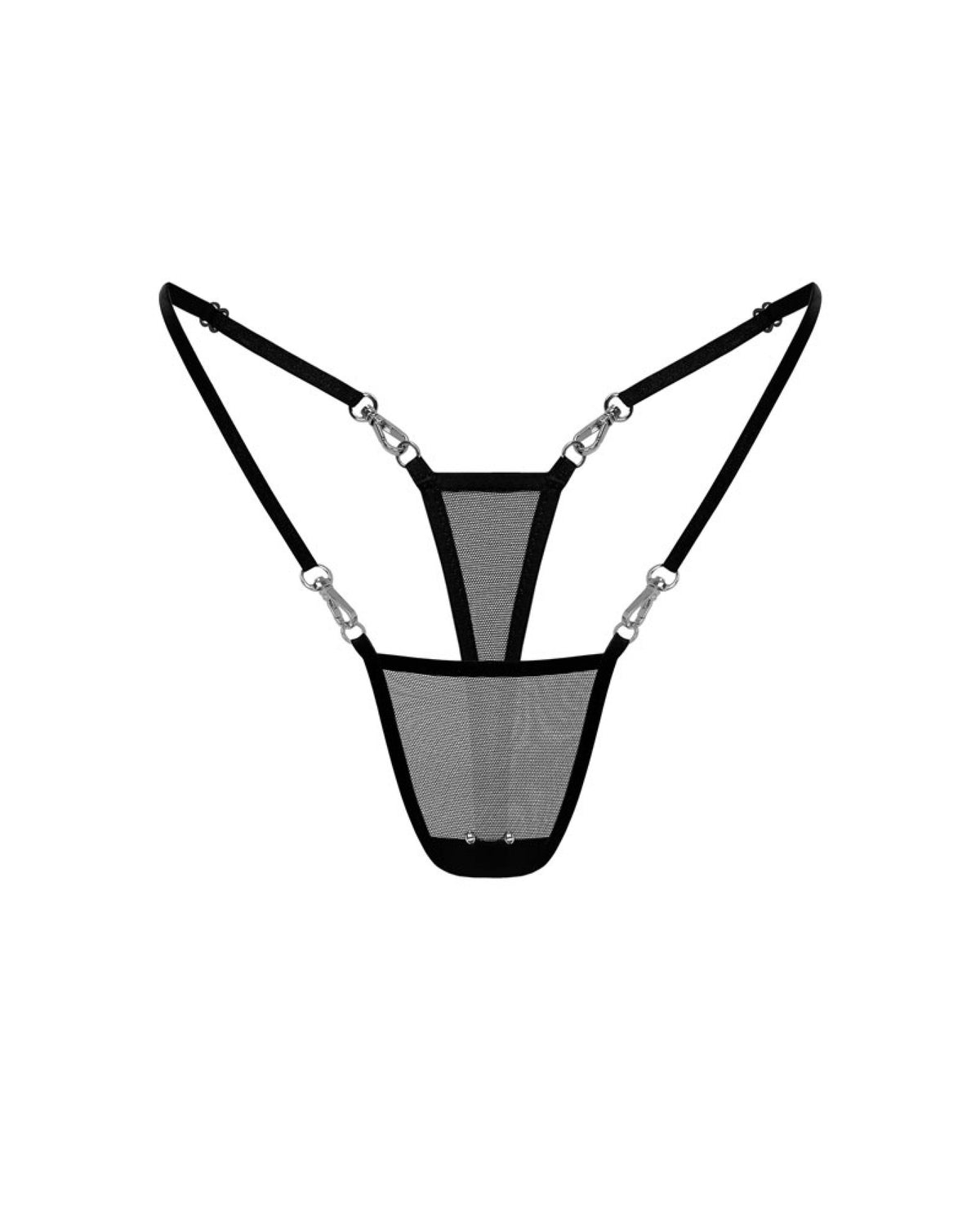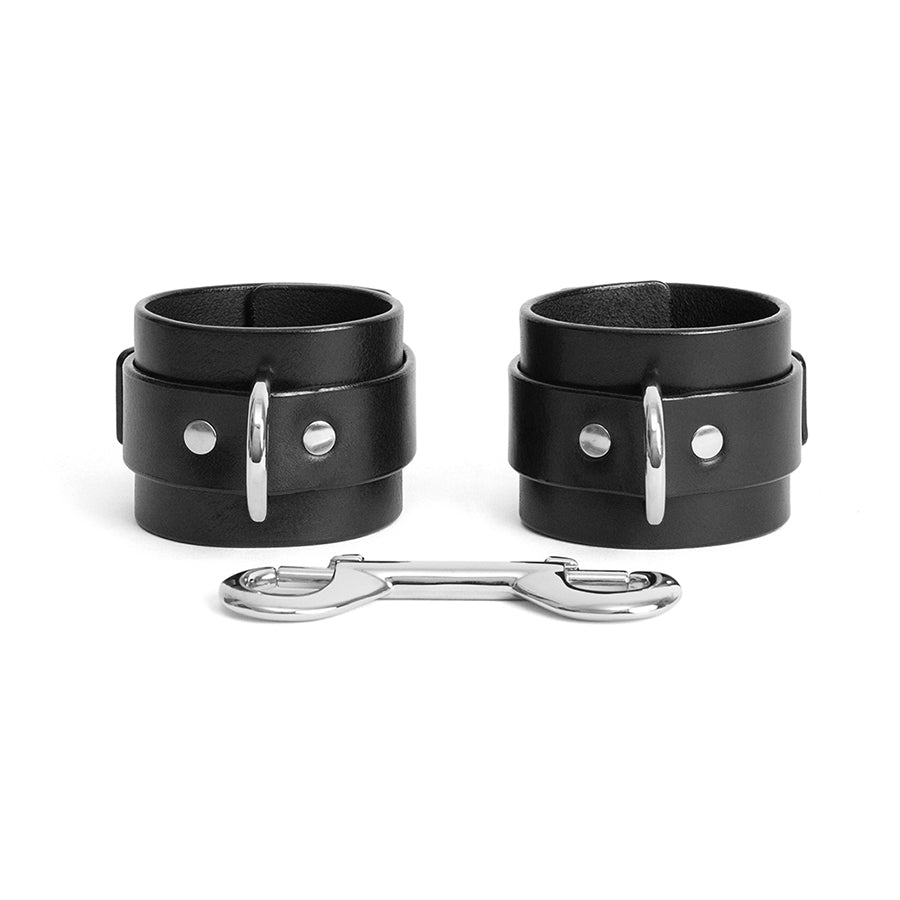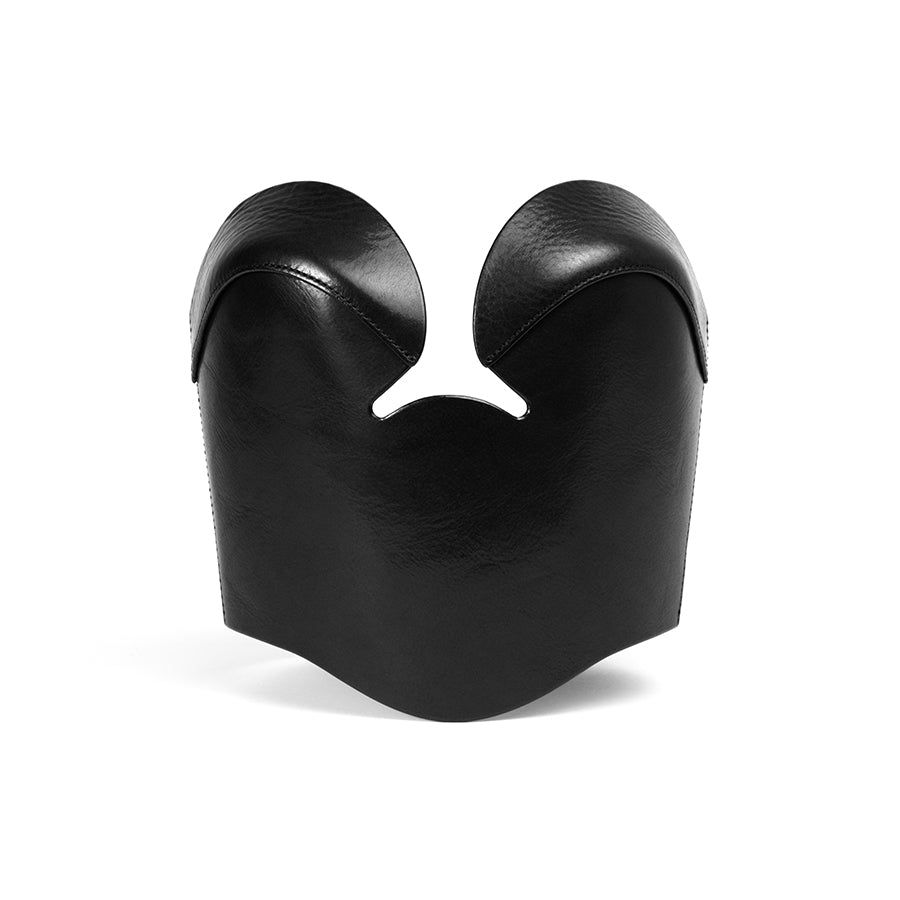
August 08, 2025
Facts About Female Pleasure Everyone Should Know
We live in a world where male pleasure is assumed, expected, and often prioritized — while female orgasms are still treated like elusive unicorns, lucky accidents, or bonus features.
Let’s break the silence and spread the actual facts about female pleasure.
Penetration is not enough
Only around 18% of women can orgasm from vaginal penetration alone. Most still need clitoral stimulation.
But some experts argue that dividing clitoral and vaginal pleasure during penetrative sex might actually be misleading — because of how the internal structure of the clitoris wraps around the vaginal canal. What feels like a “vaginal orgasm” might still be clitoral stimulation in action.
Orgasm gap is real
Across all age groups, men report having orgasms more often than women. While around 70–85% of men say they orgasm during sex, only 46–58% of women say the same. That’s a difference of up to 30%!

It takes longer to orgasm
On average, women need around 20 minutes of stimulation to reach orgasm, while men usually take between 2 to 10 minutes.
That said, the time it takes to climax can vary a lot from person to person, and that’s completely normal.
Younger women orgasm less
Many women don’t experience an orgasm during sexual intercourse until their 20s or even 30s.
It’s linked to the lack of self-knowledge and comprehensive sex education, stigma around female bodies, pressure of societal expectation about how women should orgasm, and the lack of realistic representation of female pleasure in mainstream porn.

Female pleasure matters
For too long, we have been made to believe that orgasm should either “just happen” magically or that it’s normal for sex to end once the man finishes, even if she hasn’t. While it’s okay not to orgasm every time, this shouldn’t be the standard or something we quietly accept.
Women have every right to expect pleasure, to want more, and to speak up about what they enjoy. Communicating desires, guiding a partner, or even leading in bed isn’t “too much”. It’s part of claiming your body, your voice, and your right to feel good.






